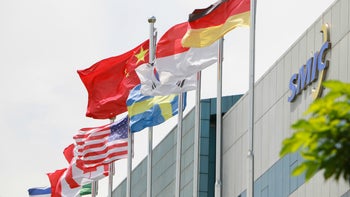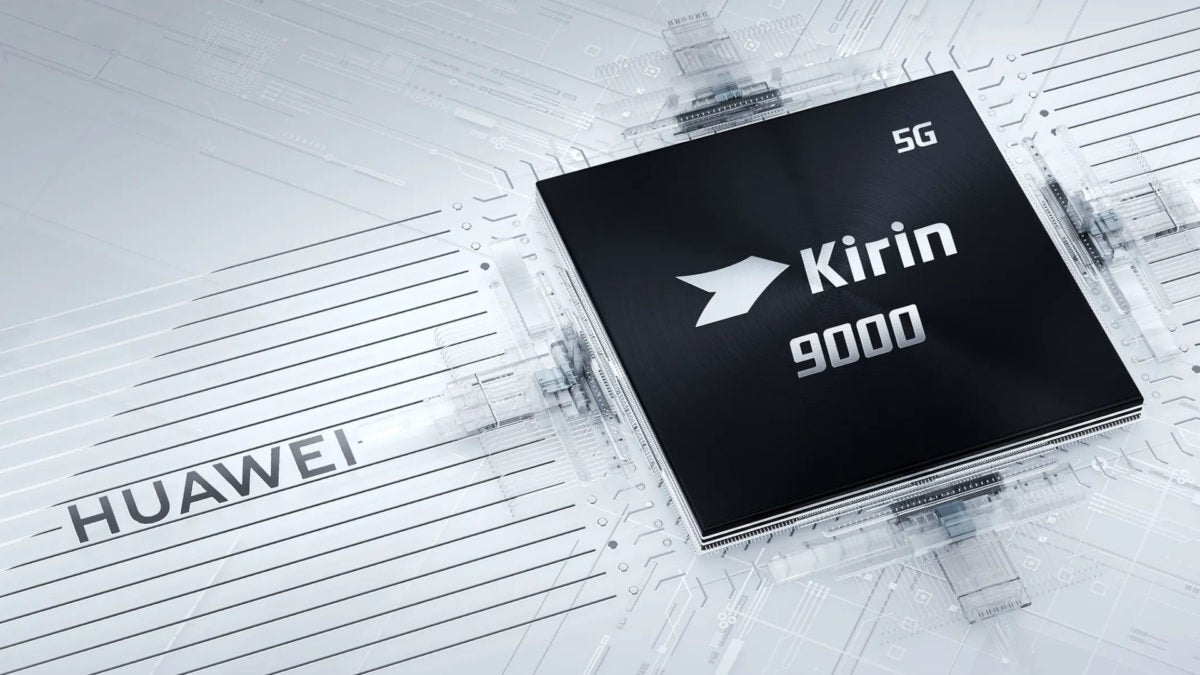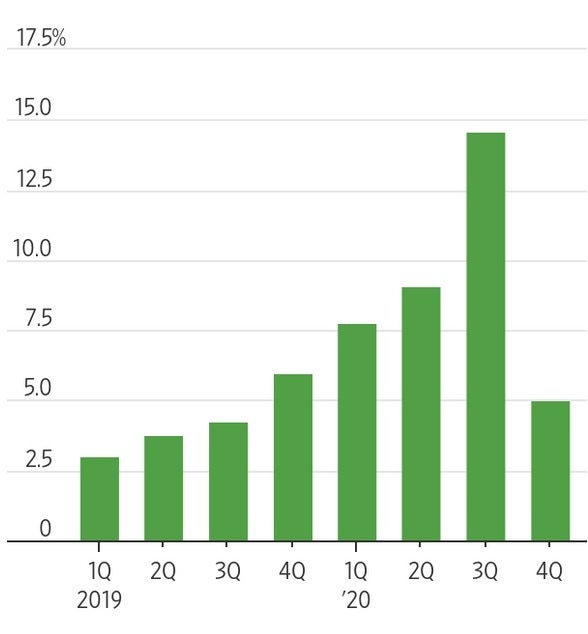China's top foundry still faces hurdles thanks to U.S. bans

Semiconductor Manufacturing International Corp. (SMIC) is China's largest foundry. As such, you might have expected it to bail Huawei out of the chip ban placed on it by the U.S. Last May, the U.S. Commerce Department changed an export rule so that foundries using American technology to manufacture cutting-edge chips can not ship said components to Huawei. And this ban is in force even on chips that Huawei itself designed.
SMIC still negatively impacted by entity list placement
While Huawei has managed one way or another to get around its inability to access Google's licensed version of Android, the chip ban has really done damage. Last year, Huawei used its cutting-edge 5nm Kirin 9000 chips on the Mate 40 series; the Mate line contains the manufacturer's most technologically advanced phones for the year. But much of the inventory it stocked up while awaiting the start of the ban has presumably been used up. And while the beleaguered phone and networking company did eventually turn over some of its HiSilicon designs to SMIC to produce, the most advanced process nodes offered by the Chinese company are 14nm and 28nm. The lower the process node in terms of numbers, the higher the number of transistors that can fit into a square mm (transistor density). Chips with a higher transistor density are more powerful and energy-efficient.

Huawei is banned from receiving shipments of its 5nm Kirin 9000 chip manufactured by TSMC
Last year, prior to the new chip export rule taking effect, Huawei had SMIC manufacture the Kirin 710A, an integrated circuit for mid-range handsets. The Chinese foundry used its most advanced process node,14nm, to produce the component. Huawei's most cutting-edge chip design is the 5nm Kirin 9000 (which was manufactured by industry leader TSMC) and it contains 15.3 billion transistors; that is a far cry more than the transistor count on the Kirin 710A. Without the ability to deliver 5nm or even 7nm chips at this stage, SMIC is not an option for Huawei to use to beat the ban. Additionally, some of SMIC's equipment used to make its advanced chips is American sourced. The Wall Street Journal notes that this has prevented the foundry from shipping its 14nm and 28nm chips to Huawei. As a result, shipments of SMIC's components manufactured using its most advanced process nodes dropped from 14.6% of its revenue during the third quarter to 5% during the fourth quarter. The export rule change took effect in the middle of September which explains the surge during the first 10 weeks of the third quarter to ship these products, and why the fourth quarter numbers were so poor.
In December, SMIC itself was placed on the entity list by the Trump administration. This means that in order to obtain some American made technology, the company will need to receive a license first. But here's the rub. Chips made using the 10nm process node or lower will face a presumption of denial from the Commerce Department. SMIC hopes to eventually roll 10nm and 7nm chips off of its assembly line and its placement on the entity list is going to make it harder for them to do so. And if you're asking why did the U.S. government do this, the Commerce Department responded at the time that it was necessary "to prevent such key enabling technology from supporting China’s military-civil fusion efforts."

U.S. rule change makes it harder for SMIC to ship 14nm and 28nm chips to Huawei
Former Commerce Secretary Wilbur Ross made this statement when announcing the entity list inclusion for SMIC. "We will not allow advanced U.S. technology to help build the military of an increasingly belligerent adversary. Between SMIC’s relationships of concern with the military industrial complex, China’s aggressive application of military civil fusion mandates and state-directed subsidies, SMIC perfectly illustrates the risks of China’s leverage of U.S. technology to support its military modernization. Entity List restrictions are a necessary measure to ensure that China, through its national champion SMIC, is not able to leverage U.S. technologies to enable indigenous advanced technology levels to support its destabilizing military activities."













Things that are NOT allowed: